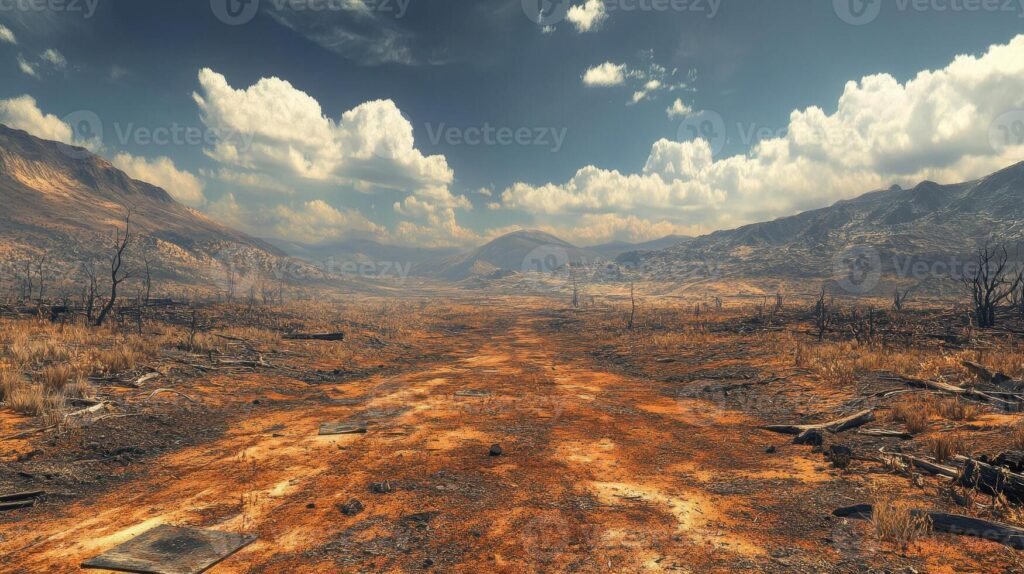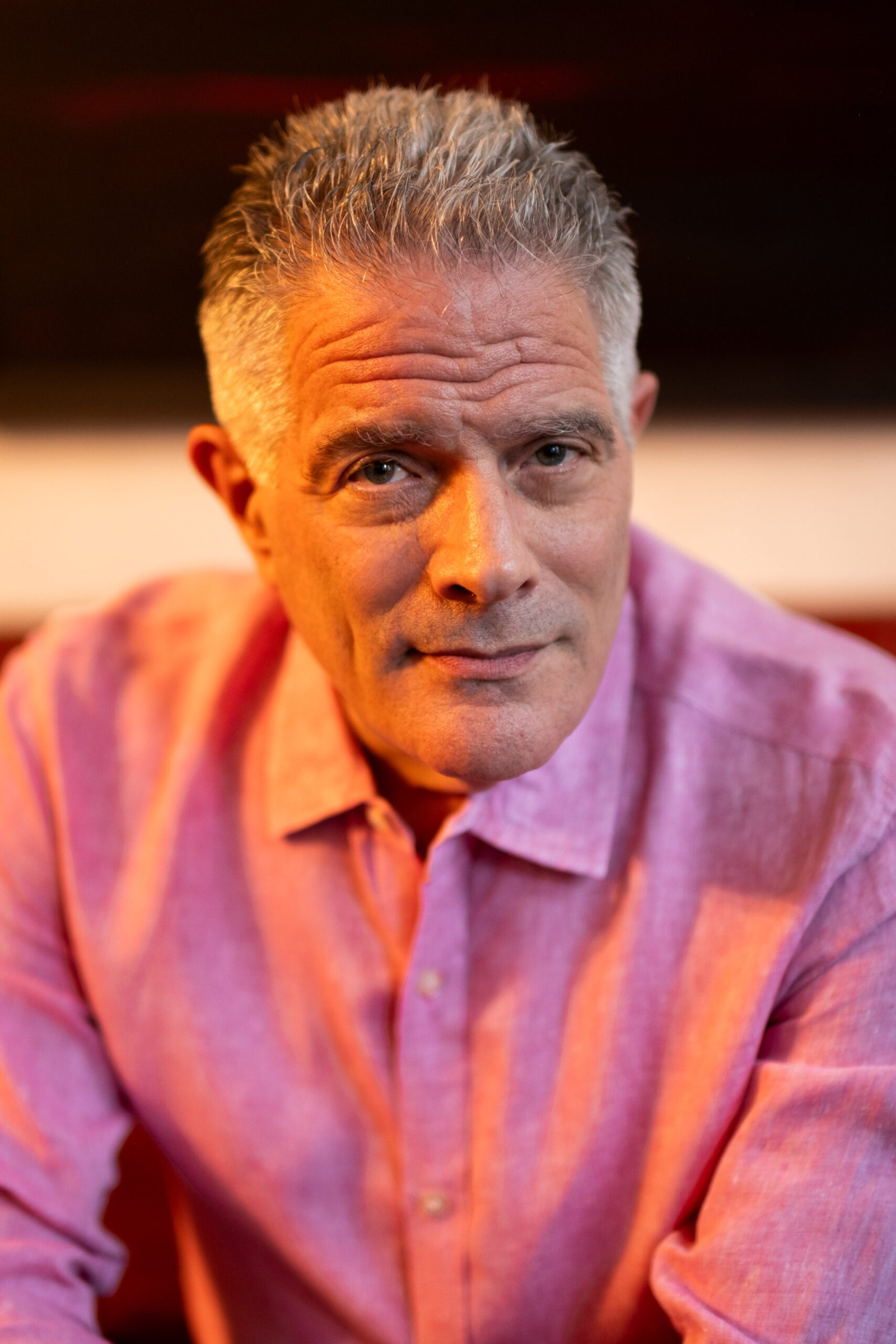“The ground has swallowed me up.”
A patient said this through tears after losing his job in finance. He had been a trader for 30 years, suddenly cut loose by forces larger than him: politics, squeezed margins, and a senior salary in an industry that values youth. He is facing not just unemployment, but an existential collapse.
His words took me back to my own crash. After 22 years with JWT, I landed in New York on what felt like scorched earth. I was in my 50s, in an American market that did not value international experience and was brutally ageist. In my body I felt the fire of palpitating anxiety, a dissociative haze, and the disbelief: Is this really happening to me?
I tried to replicate my old identity. First as a senior partner in a consultancy. Then for 30 failed days as head of marketing at an EV startup in California. That environment was highly political. I was even told people complained that I “walked like a New Yorker.” Another crash. Another trip back to New York. This time by car.
I will never forget how the rough mountain terrain outside Denver suddenly opened into flatland. Some would see desolation. To me it felt like possibility. A wide horizon. A call to reimagine my life.
What followed was not a straight line. There were months of searching, some brief experiments, others threads of continuity I had already begun. I taught immigrant students as an adjunct professor at Baruch. I advised BUILD, a nonprofit that introduces entrepreneurship to under-resourced high school students. I served as global head of strategy for the International Advertising Association. Each reminded me of what gave me energy: connecting with people across cultures and contexts.
Then one day a Facebook ad popped up. It was an invitation to an info session at NYU’s Silver School of Social Work. I wandered into a small office. A kind woman described the program. And in that moment, I said to myself, “This is me.” That was the doorway into my next chapter. The wreckage of the crash did not vanish, but it began to recede in the rearview mirror.
My patient is still standing on his own new terrain. For the first time, he is naming what brings him joy and what drains him. He is empathetic, laughs heartily when someone sticks it to the big man, and takes deep pride in his working-class roots. These are not just fragments of personality. They are seeds for reimagining.
The hardest experiences often feel like crashes that break us. But they are also the messy ground where growth takes root. If we allow them to reshape us, they reveal possibilities we could not have seen in advance. That is the gift of a crash, not the fall itself, but the new life it makes possible.
I am privileged to walk with my patient as his universe cracks open to those possibilities.

